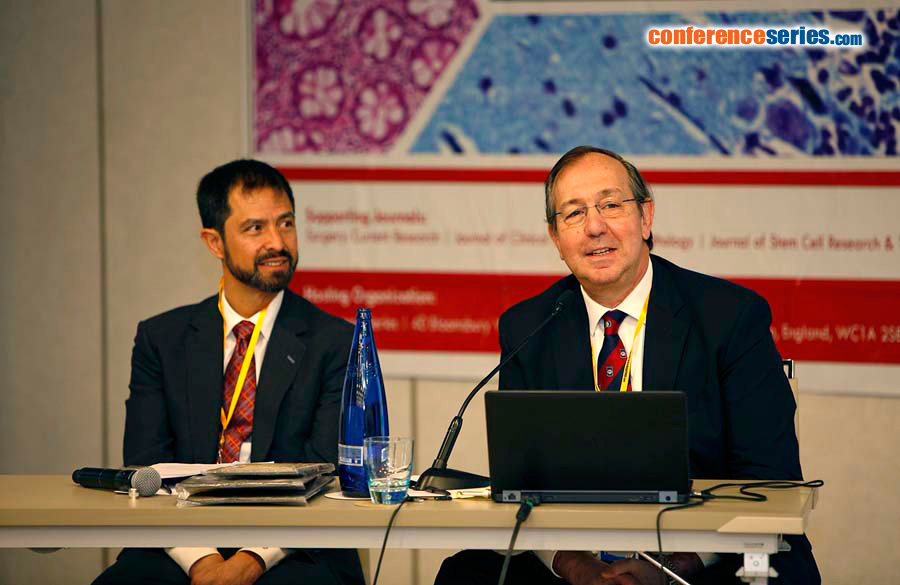
Felipe A Calvo
Complutense University of Madrid, Spain
Title: Surgical margin status and cancer patients’ outcome: The potential of intensification with intraoperative electron radiotherapy
Biography
Biography: Felipe A Calvo
Abstract
Intraoperative delivered electron beam irradiation (IOERT) is a super-precise (real time vision control and surgically guided irradiation) technique for dose-escalation local cancer treatment strategies. As a component of treatment it has been tested in a variety of cancer sites and histological subtypes in which the combination of surgical resection and external beam radiotherapy is recommended for local treatment. IOERT boost to the tumor bed for dose-escalation has proven to promote high local control rates in breast, rectal, pancreatic, esophago-gastric bone and soft tissue sarcomas and oligo-recurrent disease. Electron (IOERT) boost doses in the range of 10-20Gy combined with external beam conventional fractionation (45-50Gy) and RO surgical resection achieved local control rates > 90% in all the disease models mentioned and > 50% in R1 status. Our reported institutional experience includes > 600 patients with primary cancers locally advanced boosted with IOERT and > 300 with oligo-recurrent cancer rescued with IOERT containing maximal surgical effort. R status, tumor fragmentation, proven radioresistance (previous radiotherapy), interval to recurrence, differentiation and size are a constellation of adverse factors for low-regional control that will be discussed in the different cancer models analysed. Intraoperative electron irradiation, as a component of treatment, induces non-anecdotal cohorts of long-term surviving patients in all subgroups studied (20-50%) and local control rates ranging from 30-60%. R+ patients have an associated increased risk of distant metastasis which has to be considered for systemic intensification treatment strategies. Mature IOERT data indicates electron boost intensification in the treatment of resectable locally advanced and oligo-recurrent cancer contributes to quality cancer control for R+ patients.



